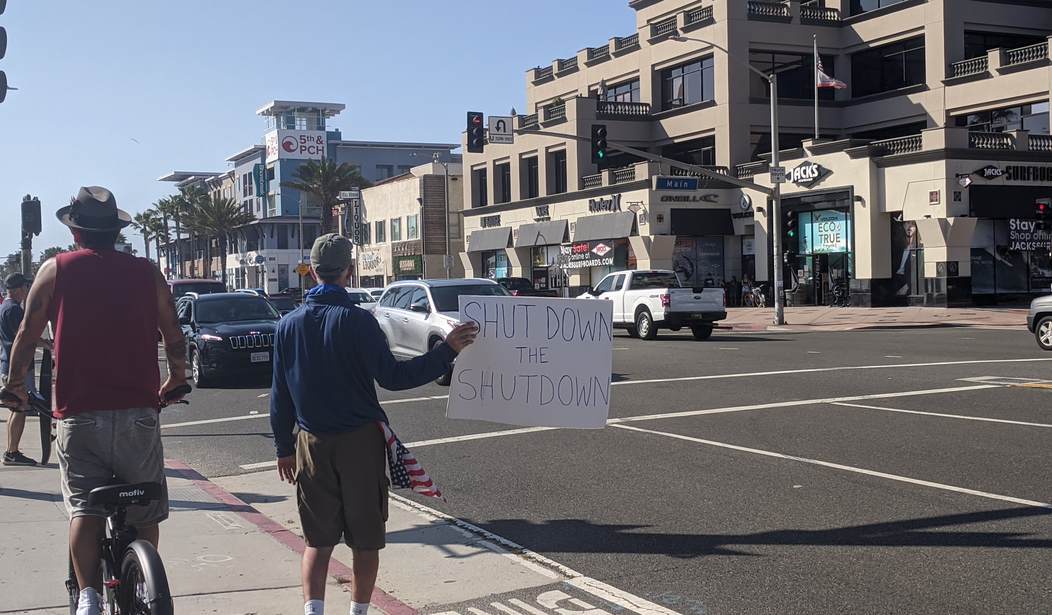California routinely breaks the rule that “what government does for anyone, it must do for everyone or it must do for no one.” In the latest example, a California judge has ruled that a group of low-income students of color will be allowed to go to trial in a lawsuit over the states’ support for them during the COVID lockdowns.
A judge says a group of low-income students of color in California can go to trial in a lawsuit accusing state education officials of failing to provide the neediest students with adequate equipment and services to learn remotely during the eight months in 2020 when schoolhouse doors were closed because of the COVID-19 pandemic.
Studies that the state does not dispute show that “educational inequality increased from 2019 to 2022 and achievement gaps widened” between public school students of different races and income levels in California, Alameda County Superior Court Judge Brad Seligman said Tuesday.
And during the pandemic, he said, the evidence shows that the state “implemented a remote learning policy that failed to provide all students with computers and internet access,” and that state officials knew that non-white and low-income students were being harmed worse than others. Seligman said a trial would determine whether the state had violated discrimination laws and a state constitutional guarantee of educational equality.
California’s attorneys argued that no particular group of students was affected over another:
The state’s lawyers are seeking to throw out the lawsuit filed in Alameda Superior Court on Nov. 30, 2020, arguing that test scores declined no more among Black and Latino groups than they did among white groups. In fact, the state says, California’s approach was good enough to win a national award last year from the Education Commission of the States, which said it had “one of the nation’s most equitable formulas” for distributing funding to the neediest schools.
Attorneys for the students affected, however, produced witnesses to the contrary:
…“California test scores show that racial inequality increased in almost all subjects and grades,” Andrew Dean Ho, a Harvard psychometrician and former director of the National Council on Measurement in Education, testified in the newly filed papers. He backed up the claim with tables of numbers indicating steeper declines for Black and Latino children than for white students between 2019 and 2022.
There can be little doubt that California students were harmed by the closure of the schools, and by the COVID lockdowns in general. Students in other states, where the measures taken were less draconian and where they were lifted more quickly, did better in measurable terms. But the California courts are facing a matter of principle here. That principle is the one mentioned above:
What government does for anyone, it must do for everyone or it must do for no one.
When the suit specified “students of color,” it immediately raises a number of questions. By what objective standard can the court define “color”? By what objective standard can the court quantify how “students of color” were disadvantaged over, one would presume, students of “non-color”? If students of pallor, say, can demonstrate they were also placed at a disadvantage by the lockdowns, then may they be added to any settlement, or does their “pallor” disqualify them automatically?
In this, the court has the opportunity to make a statement of principle. Any settlement should be based on an objective standard, not innate characteristics. If an individual student(s) can show a decline in test scores, then any award must apply to all individual student(s) who showed that decline. That is a demonstration of harm done by the lockdowns. Leave the subjective out of it; treat every California student the same, under the same objective standard.














Join the conversation as a VIP Member